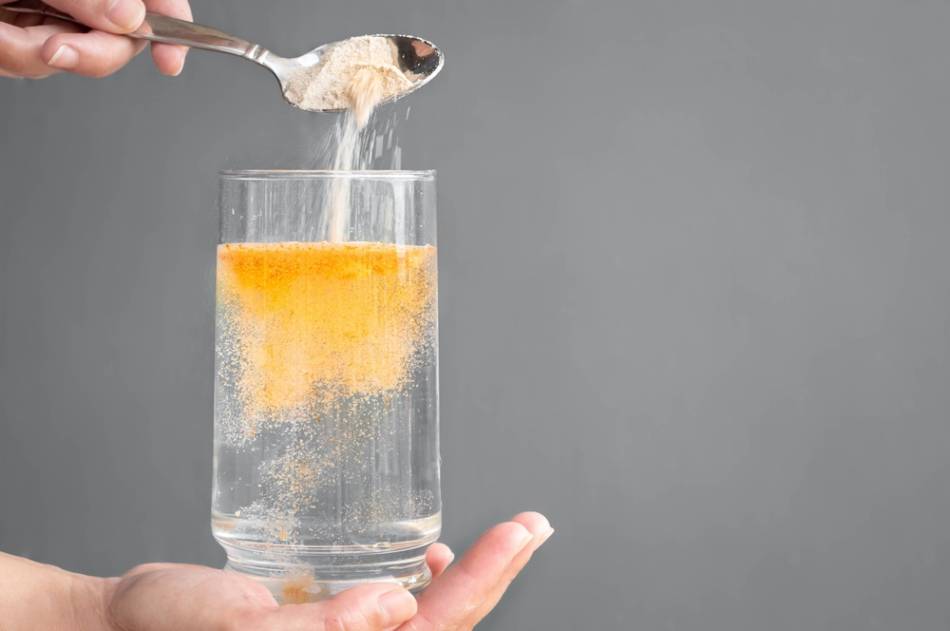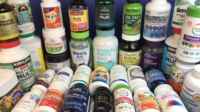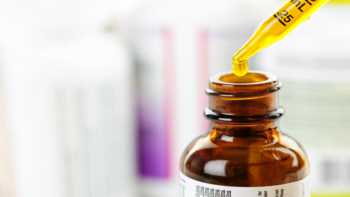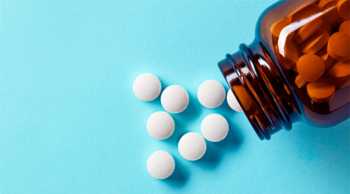Our Members Asked:
Is it better to use a powdered product that you mix with liquid than to take a pill? I was told that the vitamins will be more completely absorbed. Is that true?

Answer:
Powdered supplements that are mixed with liquid may be preferable for people who have undergone gastric bypass surgery, or have conditions that reduce the ability to digest foods. Normally, however, assuming that a pill is properly made to disintegrate in a short period of time in your stomach, it should not matter if you take a powder or a pill.
Nevertheless, be aware that ConsumerLab.com has found that about 5% of products sold as tablets don’t disintegrate as fast as they should, and some fail to disintegrate at all. In those situations, a powder would be preferable. You are unlikely to have any disintegration issues with regular capsules and softgels, although ConsumerLab.com has found that some enteric-coated and timed-release products release ingredients before they should. You can check the test results within our Product Reviews to see whether a tablet or enteric-coated or timed-release pill passed or failed our testing. You'll also see how powders fared because, absorption aside, some have failed our tests for other reasons.
If you do use a powdered supplement, be sure that when you mix it with a drink, you stir thoroughly and consume the full contents of the drink -- as some material may remain at the bottom of the cup. See our CL Answer to the question about moisture and clumping with some powders for tips about using and storing powdered supplements.
If you need to limit your sodium (i.e., salt) intake, be aware that powders and tablets that are effervescent (or "fizzy") typically contain sodium from sodium bicarbonate (and/or sodium carbonate) to create this effect. Some effervescent products can provide hundreds or even thousands of milligrams of sodium per day. This was shown to increase the risk of heart attack, stroke, or heart failure by 59% among people with high blood pressure, and even by 45% among people without high blood pressure, in a 1-year study in the UK among people taking high doses of an effervescent form of acetaminophen (the active ingredient in Tylenol) versus a non-effervescent form. The risk of death over the course of the study was similarly elevated. The dose taken was 3,000 to 4,000 mg of acetaminophen, providing about 1,200 to 1,400 mg of sodium (Zeng, Eur Soc Cardiol 2022). In its Reviews, ConsumerLab has called attention to supplements that list high amounts of sodium, such as an effervescent NAC tablet. A popular supplement, Airborne Original effervescent tablets, contains 230 mg of sodium per tablet.
Join today to unlock all member benefits including full access to all CL Answers and over 1,400 reviews.
Join NowAlready a member? Sign In Here.
Join now at www.consumerlab.com/join/









Submit your comment
This feature is restricted to active members.
Join now to add comments and get all member benefits, including over 1,400 reviews.
Join NowAlready a member? Sign in here.